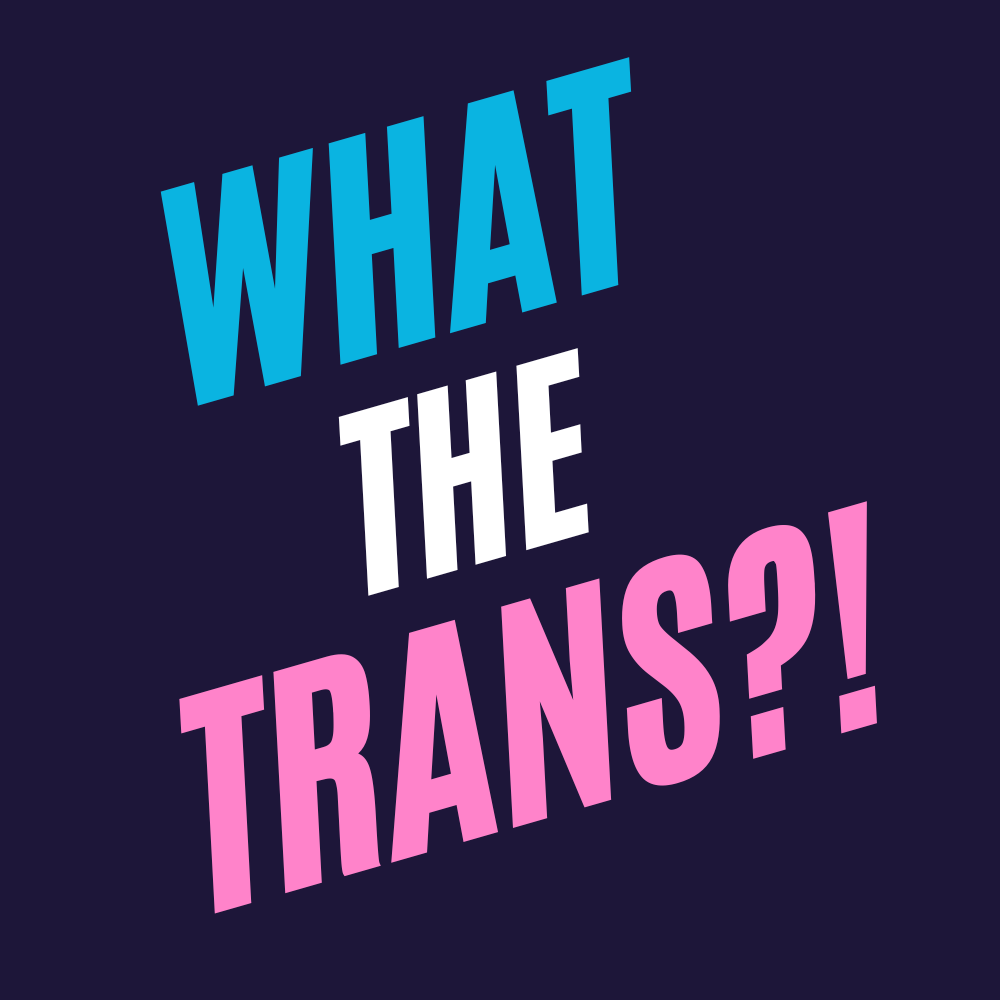Lewis Hancox’s latest book which is released on May 9th is a wonderful second instalment. Inside is not just his heartfelt autobiographical story in comic book style and wit, but is complete with advice for trans youth and resonant observations and lessons that are helpful to people regardless of age, identity or point of transition.
The previous book ‘Welcome to St. Hell’ focused on his childhood, the discomfort before understanding that you’re trans and the ways he tried to handle the dysphoria. The later half of which shows him realising that he is a man, beginning transition and navigating the difficulties of accessing NHS Gender services to obtain Hormone Replacement Therapy. Escape from St.Hell is the other side of the coin, tackling puberty a second time from a positive place, medical transition, grappling with masculinity and trying to access private care when the NHS refuses.
He picks up where the last book left off, chronicling his late-teen to early-adult years, starting with him only a couple weeks away from leaving for university and a couple weeks on testosterone. The whirlwind of starting higher education is compounded by both the excitement of meeting people that only know you as your authentic self, and fears of being misgendered or ostracised.
As he guides us through his experiences the biggest conversation being had really is about masculinity. Throughout the book Lewis is open about how he internalised a lot of notions about manhood that kept him under intense stress as he tried to live up to the image of men in his head for fear of not passing and how that affected his mental health.
He goes through style changes that feel inauthentic while seeing changes from HRT that make him feel authentic in his body. As he begins navigating relationships as a man he becomes hyper-focused on being seen as a “real man”. Making sure to respond to things in the correct “manly” way and all the while with little bars on various pages showing how he is in a heightened anxiety almost all the time during.
This felt like the central conversation of the book, the contemplation on toxic masculinity and the way that it can latch onto our expectations of what men are, and the importance of finding your own masculinity. Lewis eventually does this, recognising that putting himself under such pressure was holding him back in many ways and prevented him from sometimes being as present for others as he would have liked.
The pressure to perform masculinity ‘right’ is not a new conversation but it is rare to see such an in-depth exploration from a trans perspective, it put to paper feelings and thoughts I have had as a genderqueer transmasculine person. He does all this with a sense of humour and raw honesty that is not only refreshing but really needed.
The lack of representation for trans men and trans masc people means that for many, especially for younger people, his book may be the first time they see a trans man as the central figure in a story about trans experiences. As a trans reader from a small town it was probably the closest representation to my own experiences I’ve seen despite us identifying differently and having very different life stories.
This is not the only conversation though, he also talks about the need to express his creativity in making youtube videos documenting his transition, early TV appearances and filmmaking after leaving university early, and finding support in the lesbian communities who continued to support him throughout his life. None of these conversations are less important than each other and play an important role in helping him figure out his place in the world.
Escape from St. Hell is a deeply personal book that I would recommend to anyone, not just because it is a funny and humanising look into what it can be like as a trans man. I’d recommend it because through showing how he dismantled his previous notions of manhood, and riding the highs and lows of transition, this account provides useful wisdom for anyone but especially masculine people, be they trans, cis, young, old, binary or not.






